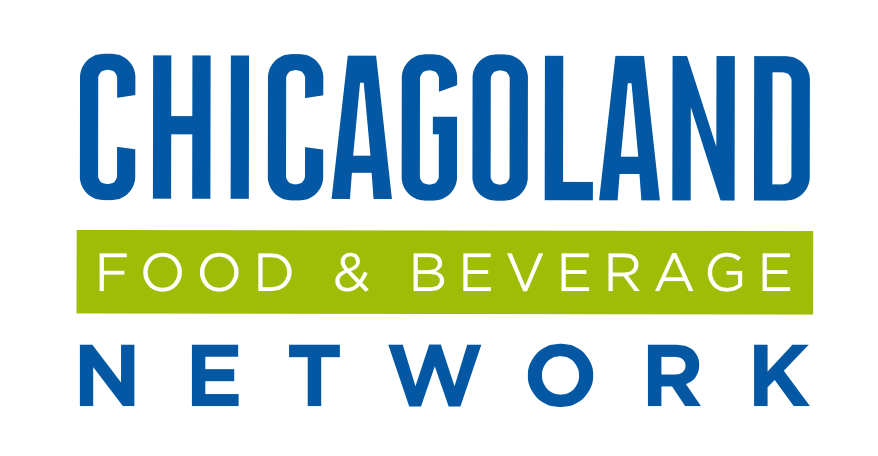Bader-Rutter’s gorgeous conference center overlooking the Wrigley building and the Chicago river, hosted our final content program of 2018 with a panel that tackled, The New Rules of Food Marketing.
The panel’s conversation, moderated by CFBN Executive Director Alan Reed, ranged across topics from brand identity and loyalty in this new digital age, to relationship building with the consumer, and the changing role of innovation and adaptability in the new marketplace. The “New Rules” offered by the panelists and guests own experience, ranging from B2B to start-up ventures, offered an engaging conversation into how standard marketing tactics will have to and are changing for companies globally.

The panel’s New Rules of Food Marketing…
Ned Brown, CCO, Bader Rutter
1. Authenticity is the new price of entry.
2. Brands create IP through ideas not ingredients.
Michelle Lorge, VP Marketing, Simple Mills
1. It’s a relationship, not a one-night stand.
2. Innovation doesn’t require perfection.
Janet Garetto, Partner/Intellectual Property Law, Nixon Peabody
1. Your brand is intellectual property – it’s more important than ever.
2. Your brand isn’t just your logo or trademark – it’s the experience.
Kristin Kroepfl, VP of Marketing & Sales Strategy, Kellogg
1. It’s about the experience, not a media plan.
2. Don’t fight the brand.
Thank you again to all of our panelists for their insight, and all of our attendees for making this a great and well attended event. We are looking forward to the conversations of 2019, with a new range of topics to explore. Stay tuned for updates on our 2019 calendar, coming in January!
